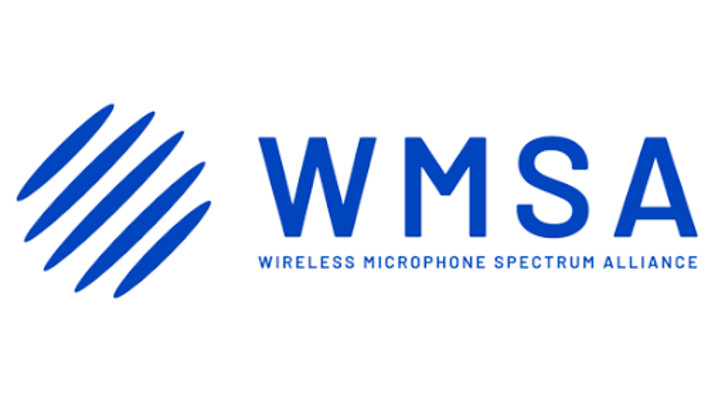The professional video industry's #1 source for news, trends and product and tech information. Sign up below.
You are now subscribed
Your newsletter sign-up was successful
The FCC adopted a Report and Order in August last year to amend Part 25 rules governing the licensing and operation of satellite communications systems. These rules are not yet in effect, pending a review by the Office of Management and Budget pursuant to the Paperwork Reduction Act. However, some of the amendments in the modified Part 25 rules will eliminate requirements for providing certain information in applications for space station (satellite) licenses or U.S. market access for foreign-licensed satellites.
The FCC had already determined that this information is unnecessary and its International Bureau decided to expedite the rules change. The International Bureau announced in a Public Notice that it would exercise its delegated discretion to administer rules and procedures concerning satellite services and find that there would be good cause for a waiver of the information requirements identified as unnecessary, noting that it would serve no useful purpose to dismiss an application for failure to include the information now deemed unnecessary.
Such “unnecessary” information now includes: final amplifier output power and losses between the amplifier and the antenna, receiving antenna noise figure, predicted receiver and transmitter channel filter characteristics, spacecraft weight and its dimensions, mass, power budgets and estimated reliability. Among other items now deemed non-essential is the compression rate for SDARS audio signals.
The complete list of items covered under the waiver are in Table A of Public Notice DA 14-90.
The professional video industry's #1 source for news, trends and product and tech information. Sign up below.

Doug Lung is one of America's foremost authorities on broadcast RF technology. As vice president of Broadcast Technology for NBCUniversal Local, H. Douglas Lung leads NBC and Telemundo-owned stations’ RF and transmission affairs, including microwave, radars, satellite uplinks, and FCC technical filings. Beginning his career in 1976 at KSCI in Los Angeles, Lung has nearly 50 years of experience in broadcast television engineering. Beginning in 1985, he led the engineering department for what was to become the Telemundo network and station group, assisting in the design, construction and installation of the company’s broadcast and cable facilities. Other projects include work on the launch of Hawaii’s first UHF TV station, the rollout and testing of the ATSC mobile-handheld standard, and software development related to the incentive auction TV spectrum repack. A longtime columnist for TV Technology, Doug is also a regular contributor to IEEE Broadcast Technology. He is the recipient of the 2023 NAB Television Engineering Award. He also received a Tech Leadership Award from TV Tech publisher Future plc in 2021 and is a member of the IEEE Broadcast Technology Society and the Society of Broadcast Engineers.
